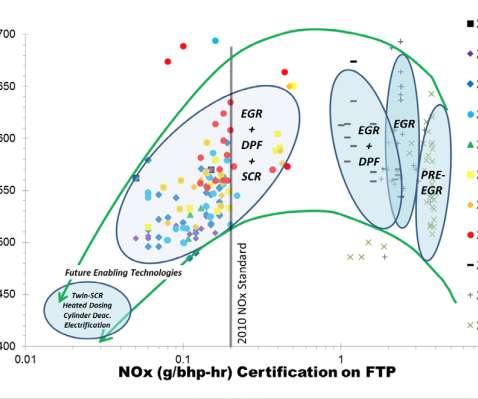EIA: trends in downsized engine design leading to increased demand for higher-octane gasoline
Green Car Congress
APRIL 6, 2016
This trend of increasing demand for higher octane gasoline is likely driven by changes in fuel requirements for light-duty vehicles (LDV) in response to increasing fuel economy standards, which will have widespread implications for future gasoline markets, according to EIA analysts. In MY 2010, 12.5%


























Let's personalize your content